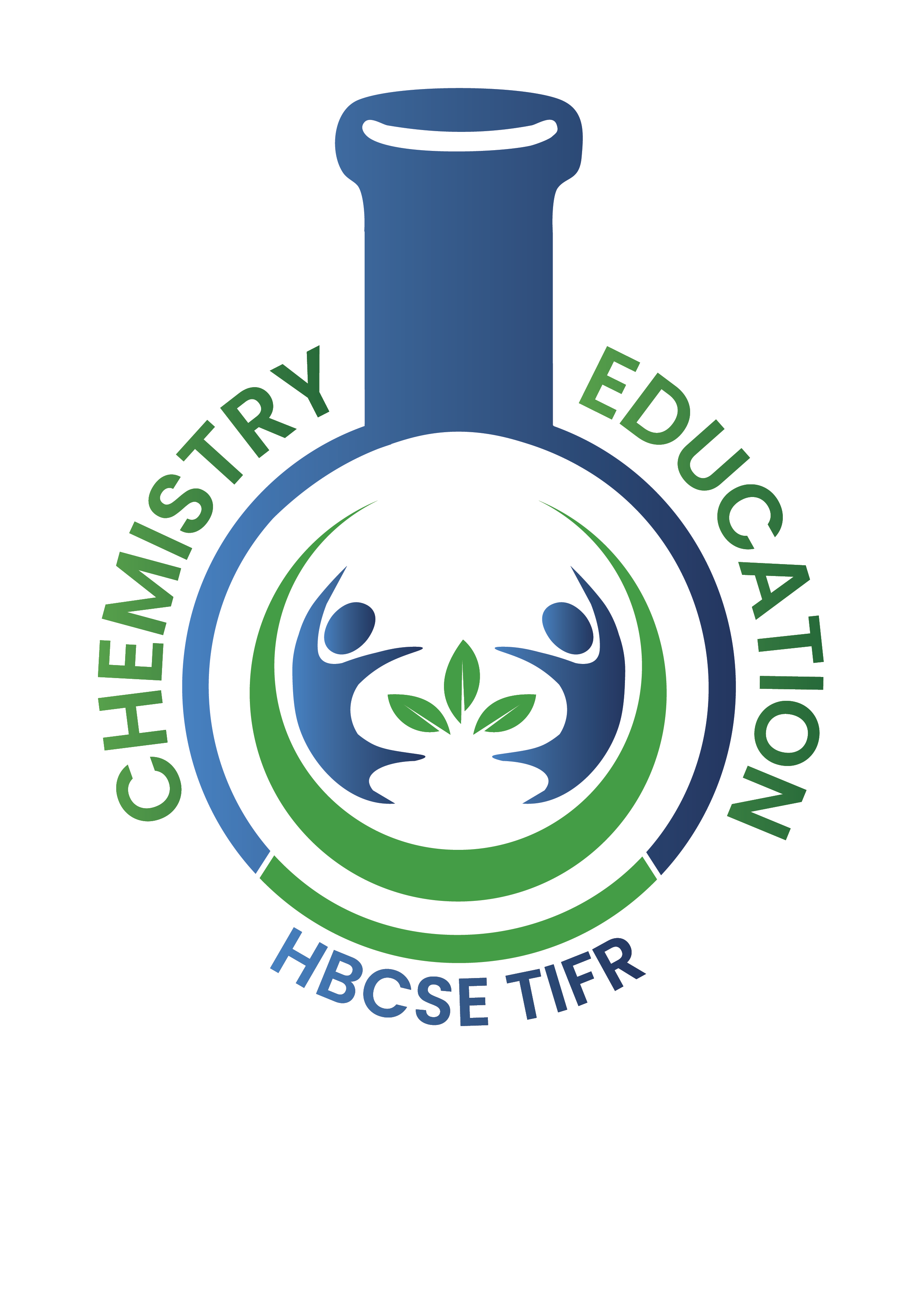Skip to content
History and philosophy of chemistry and chemistry education
Reference Book: International Handbook of Research in History, Philosophy and Science Teaching, Michael R. Matthews (Editor), ISBN 978-94-007-7654-8 (eBook), Springer Dordrecht Heidelberg, 2014.
-
-
The Place of the History of Chemistry in the Teaching and Learning of Chemistry, Kevin C. de Berg
-
Historical Teaching of Atomic and Molecular Structure, José Antonio Chamizo and Andoni Garritz
Misconceptions/conceptual pitfalls in chemistry
Reference Book: Chemistry Education: Best Practices, Opportunities and Trends, Javier Garcia-Martinez and Elena Serrano – Torregrosa (Editors), ISBN 978-3-527-33605-0 (Print), Wiley VCH Germany, 2015.
-
The Role of Conceptual Integration in Understanding and Learning Chemistry, Keith S. Taber
-
Learners Ideas, Misconceptions, and Challenge, Hans-Dieter Barke
Inquiry based learning and assessment in chemistry laboratory
-
A.H. Johnstone and A. Al-Shuailib. (2001).“ Learning in the laboratory; some thoughts from the literature ”.University Chemistry Education.,5, 42-51.
-
Abraham, M.R.(2011).“What Can Be Learned from Laboratory Activities? Revisiting 32 Years of Research”.Journal of Chemical Education.,88 (8),1020-1025.
-
Reid, Norman, and Iqbal Shah.(2007). “The Role of Laboratory Work in University Chemistry.” Chemistry Education Research and Practice, 8 (2), 172–85.
4. Context and Problem – based Learning in Higher Level Chemistry Education, Tina L.Overton,Bill Byers and Michael K. Seery
5.Practical Work in Higher Level Chemistry Education, Stuart W. Bennett, Michael K. Seery and Doris Sovegjarto-Wigbers
6.Assessment in Higher Level Chemistry Education,Stuart W. Bennett and Iain Wilson
7. Experimental Experiences through Project-based Learning, Jens Josephsen and Soren Hvidt
8. Learning Chemistry in a Laboratory Environment, Mary B. Nakhleh, John Polles and Eric Malina
9.Inquiry and the Learning Cycle Approach, Michael R. Abraham
Miscellaneous
Reference book: Nuts and bolts of CER, Diane M. Bunce and Renee Cole(Eds.), ACS symposium series 976 ACS,2008
-
Importance of a Theoretical framework for Research, Michael R. Abraham
-
Constructing Good and Research able questions, Diane M. Bunce
Laboratory Discussion Sessions
-
Burke, K. A., Thomas J. Greenbowe, and Brian M. Hand (2006).“Implementing the Science Writing Heuristic in the Chemistry Laboratory.” Journal of Chemical Education, 83 (7):1032-1038.
-
Claire Mc Donnell, Christine O’Connor and Michael K Seery. “Developing practical chemistry skills by means of student-driven problem based learning mini-projects”. In Chemistry Education Research and Practice, 8 (2), 130-139, 2007.
-
Domin, Daniel S.(1999).“A Review of Laboratory Instruction Styles.”Journal of Chemical Education, 76 (4),543-547.
-
Domin, D. S. (1999). “A content analysis of general chemistry laboratory manuals for evidence of higher-order cognitive tasks”. Journal of Chemical Education, 82, 1178-1180.
-
Fay, Michael E., Nathaniel P. Grove, Marcy Hamby Towns, and Stacey Lowery Bretz (2007).“A Rubric to Characterize Inquiry in the Undergraduate Chemistry Laboratory.” Chemistry Education Research and Practice, 8 (2), 212–19.
-
Hofstein, A.(2004).“The Laboratory in Chemistry Education: Thirty Years of Experience with Developments, Implementation, and Research”. Chemistry Education Research and Practice, 5 (3), 247-264.
-
Hofstein, Avi, and Rachel Mamlok-Naaman (2007). “The Laboratory in Science Education: The State of the Art.” Chemistry Education Research and Practice, 8(2),105–7.
-
McGarvey D. J., (2004).“Experimenting with undergraduate practicals”. U.Chem.Ed.8, 58-65.
-
Orla C. Kelly and Odilla E. Finlayson (2007). “Providing solutions through problem-based learning for the undergraduate 1st year chemistry laboratory”. Chemistry Education Research and Practice, 8 (3), 347-361.
